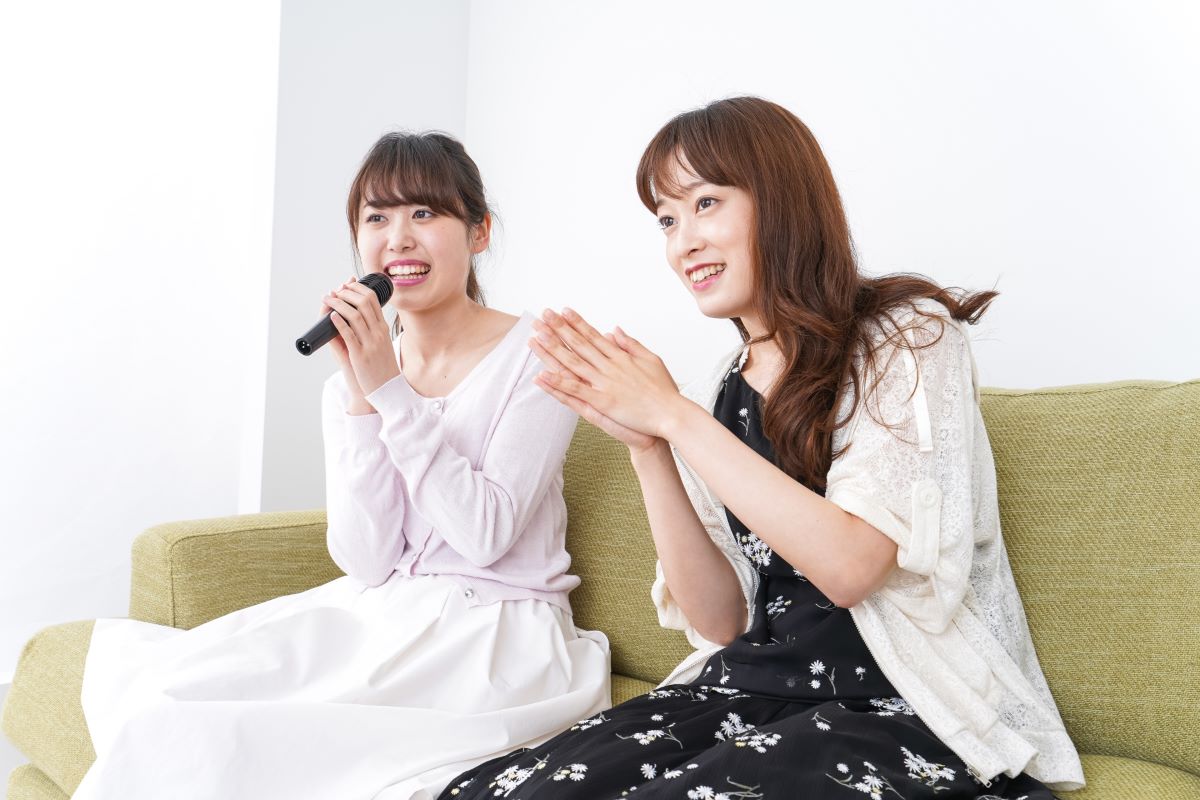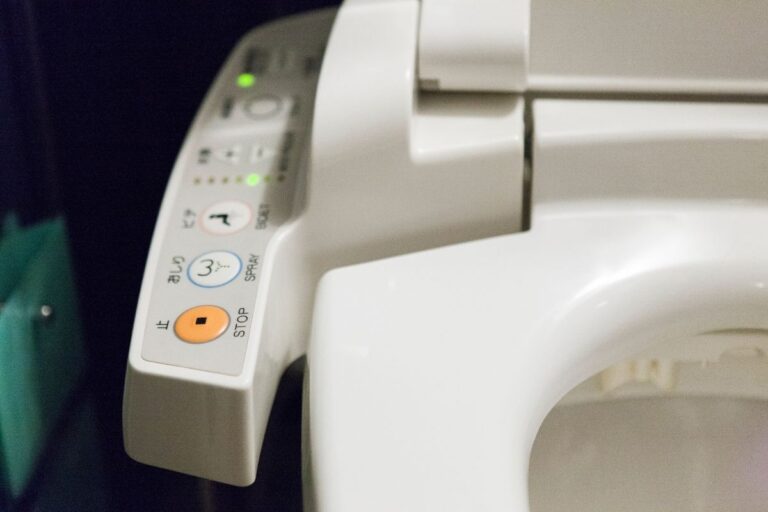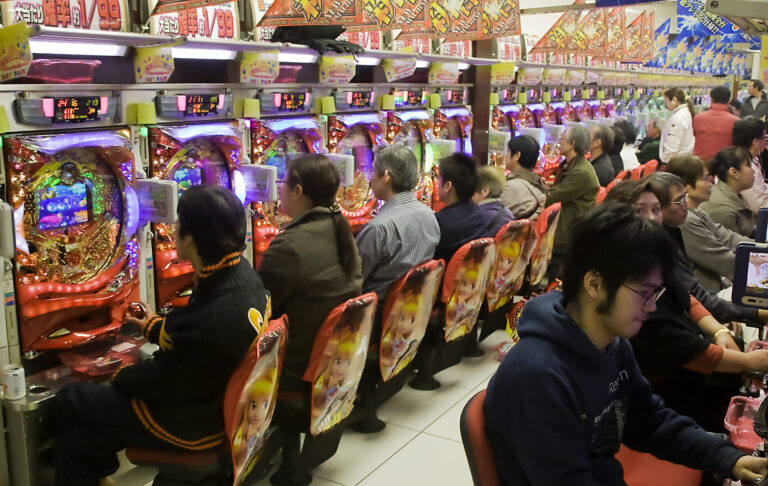Karaoke may not be an exclusive activity to Japan—nor was it necessarily originated in Japan—but the name itself demonstrates how widespread and influential the activity is in Japan. “Karaoke” is a Japanese loanword, a portmanteau of the words “kara” and “ookesutora” which mean “empty” and “orchestra,” respectively. (Incidentally, the word is pronounced “kah-rah-oh-kay,” not “carrie-okie.”)
While sing-along was nothing new even in the US at the time, the concept of karaoke blossomed in the 1970s in Japan. Musical entertainment during dinner has been a long-standing cultural tradition and it was during the 1970s that a drummer named Inoue Daisuke first decided to market a tape player that played music (so that people wouldn’t need to play the instruments) at ¥100 (about $1) a song. The machines were too expensive for most people to purchase, so hotels, restaurants, and bars tended to rent them out for parties at those establishments.
Later in the decade, businesses actually developed with the karaoke machine at the center. “Karaoke boxes” were places that offered sound-proof rooms for small groups to rent while singing with karaoke machines. These businesses really took off, eventually booming in the 1980s (when the phenomenon and the word “karaoke” was exported to the West). They’re still quite popular today.
Karaoke boxes typically serve alcohol (which frees legal adults’ inhibitions and makes them more likely to have the courage to sing in public!) and food upon request. You just need to pick up the in-room phone and place your order. Rooms are usually available at a set hourly rate, although you may be charged by how many people you have in your group as well. You can even rent a room in a karaoke box by yourself if you’re too embarrassed to sing in front of other people! Karaoke song catalogs typically include mostly Japanese songs and Western songs (which everyone tries to sing in English).
Anthropologists have surmised that karaoke is especially popular in a country like Japan where the general population works extremely hard and needs a physically freeing way to unwind. In Japan, most people don’t care how good a singer you are, nor do they make a big deal and laugh if you’re a bad singer. They just enjoy letting go with each other after a hard day at work or school.
Have you ever sung karaoke? Have you sung karaoke in a Japanese-style restaurant or karaoke box? Would you like to sing with a group of Japanese people?
No related posts.
Tags: japan, japanese entertainment, karaoke, karaoke boxes, singing




